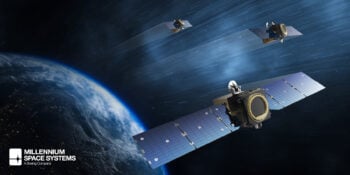
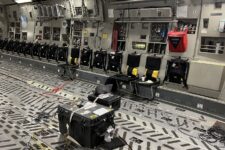
Tech giants and venture capitalists are pouring billions into developing quantum computers. But related tech of special interest to the military — quantum sensing, navigation and communications — needs stepped-up federal funding, the Air Force Association says.
By Sydney J. Freedberg Jr.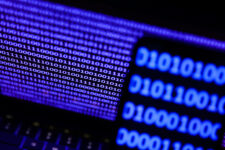
The National Institute of Standards & Technology is about to release its long-awaited “post-quantum encryption” algorithms. Then comes the hard part: installing them everywhere.
By Sydney J. Freedberg Jr.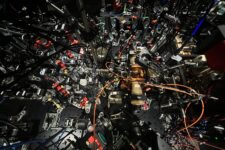
Quantum bits are potentially powerful but notoriously error-prone. Now a Harvard team says it has found a way to prevent mistakes — by manipulating individual atoms with laser beams — making quantum processing much more efficient.
By Sydney J. Freedberg Jr.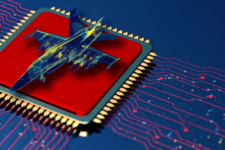
Led by a core team of industry partners including MBDA, Leonardo, Thales, Roxel, Safran and CEA, technology areas are designed to support a variety of use cases which include tactical and deep strike, surface and force protection, and air dominance.
By Andrew White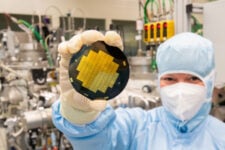
New “quantum resistant” encryption standards won’t be finalized until next year, but officials and experts say agencies and industry should start hunting vulnerabilities hidden in their software and hardware, including embedded chips critical to US weapons.
By Sydney J. Freedberg Jr.
The leap to quantum tech will be a “tank versus cavalry, machine guns versus humans moment,” said UK’s Minister of State for the Armed Forces, James Heappey.
By Andrew White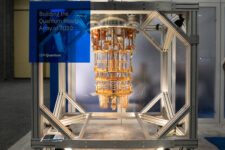
With 2018 National Quantum Initiative Act up for renewal, the House Science Committee held a hearing on how to expand the NQI’s support to government, academic, and industry R&D – with Chinese competition much in mind.
By Sydney J. Freedberg Jr.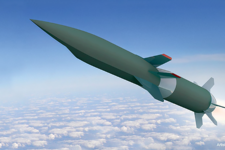
Tightening relations with US organizations to develop next-gen technology is part of an overall business strategy to try and develop a suite of future-focused weapons, according to Eytan Eshel, IAI’s executive vice president for R&D, technology and innovation.
By Arie Egozi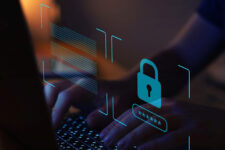
Physicists say it is a flip of the coin whether quantum computing will end up a revolutionary capability or not much better than today’s supercomputers. And yet, quantum’s potential means there’s too much promise there to ignore.
By Barry Rosenberg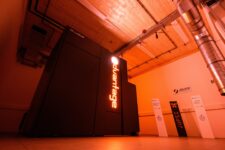
“In the military, where you’re sending extremely sensitive classified data from one office to the next, you want to make sure that no one’s going to be able to break into and decrypt that,” Arthur Herman, senior fellow at the Hudson Institute, said. “Well, [quantum key distribution] is definitely a way in which to carry that out.”
By Jaspreet Gill
“What’s important, though, is to realize that migrating an entire federal agency or private sector company to new algorithms is a huge task,” Duncan Jones, head of cybersecurity at Quantinuum, told Breaking Defense.
By Jaspreet Gill
“Research shows that at some point in the not too distant future when quantum information science matures and quantum computers are able to reach a sufficient size and level of sophistication, they’ll be capable of breaking much of the cryptography that currently secures our digital communication,” a senior administration official said.
By Jaspreet Gill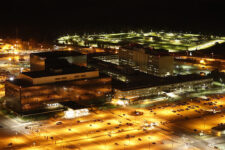
“In terms of weapons systems, we have computers on wings, at sea, and on land. We don’t think of [weapons systems] that way, but none of them work without computers,” NSA’s Joyce said.
By Brad D. Williams
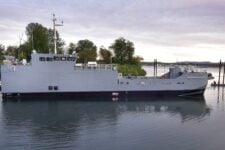

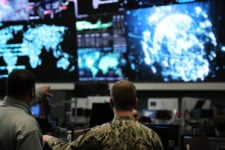


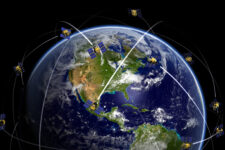
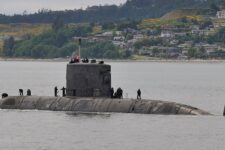

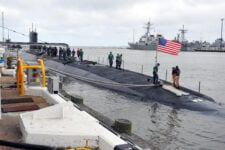
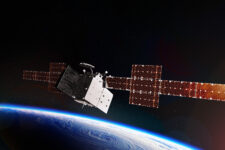
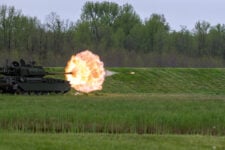

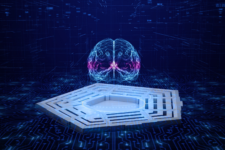

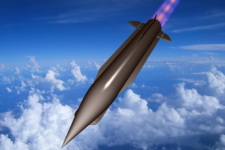

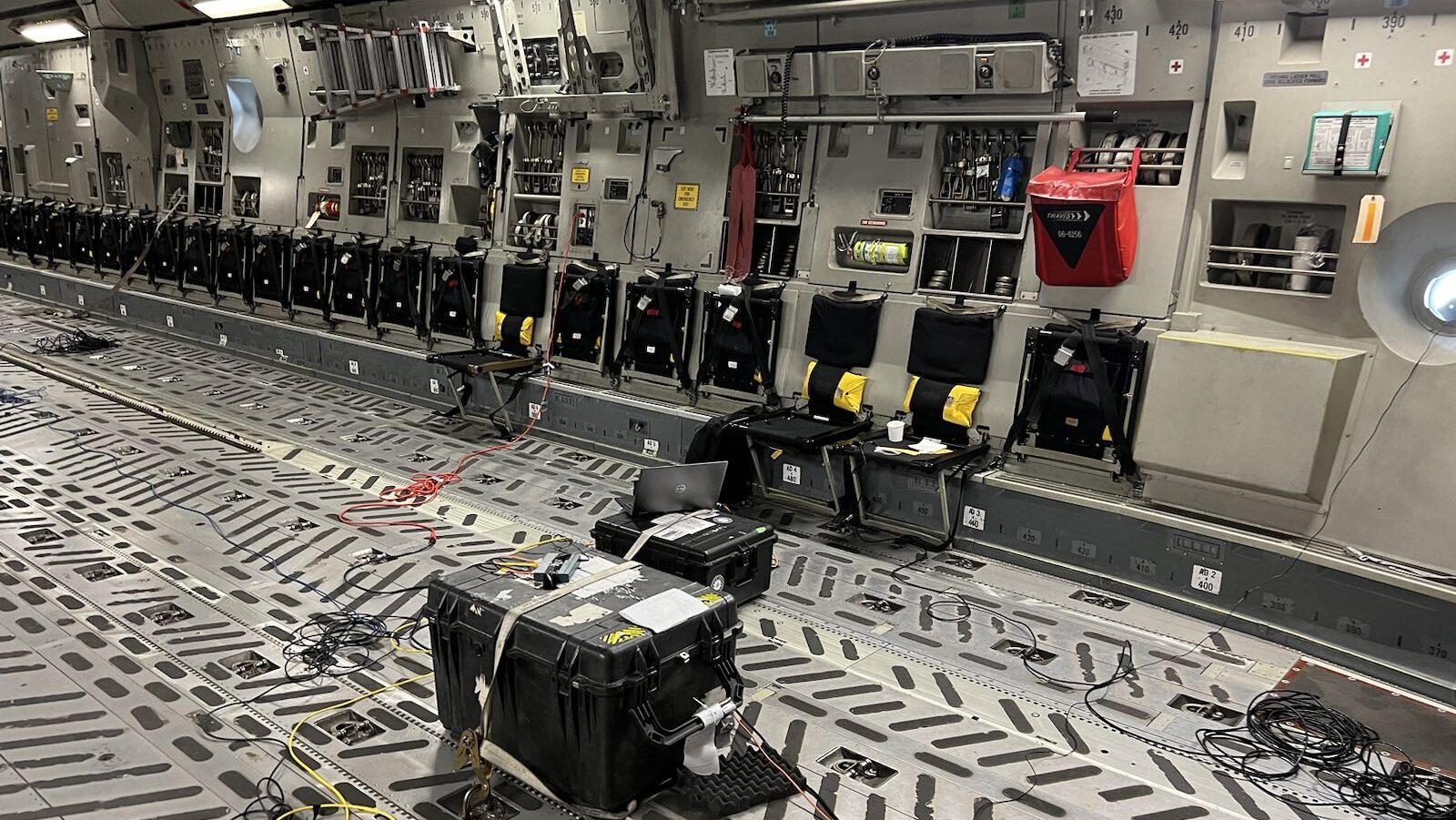
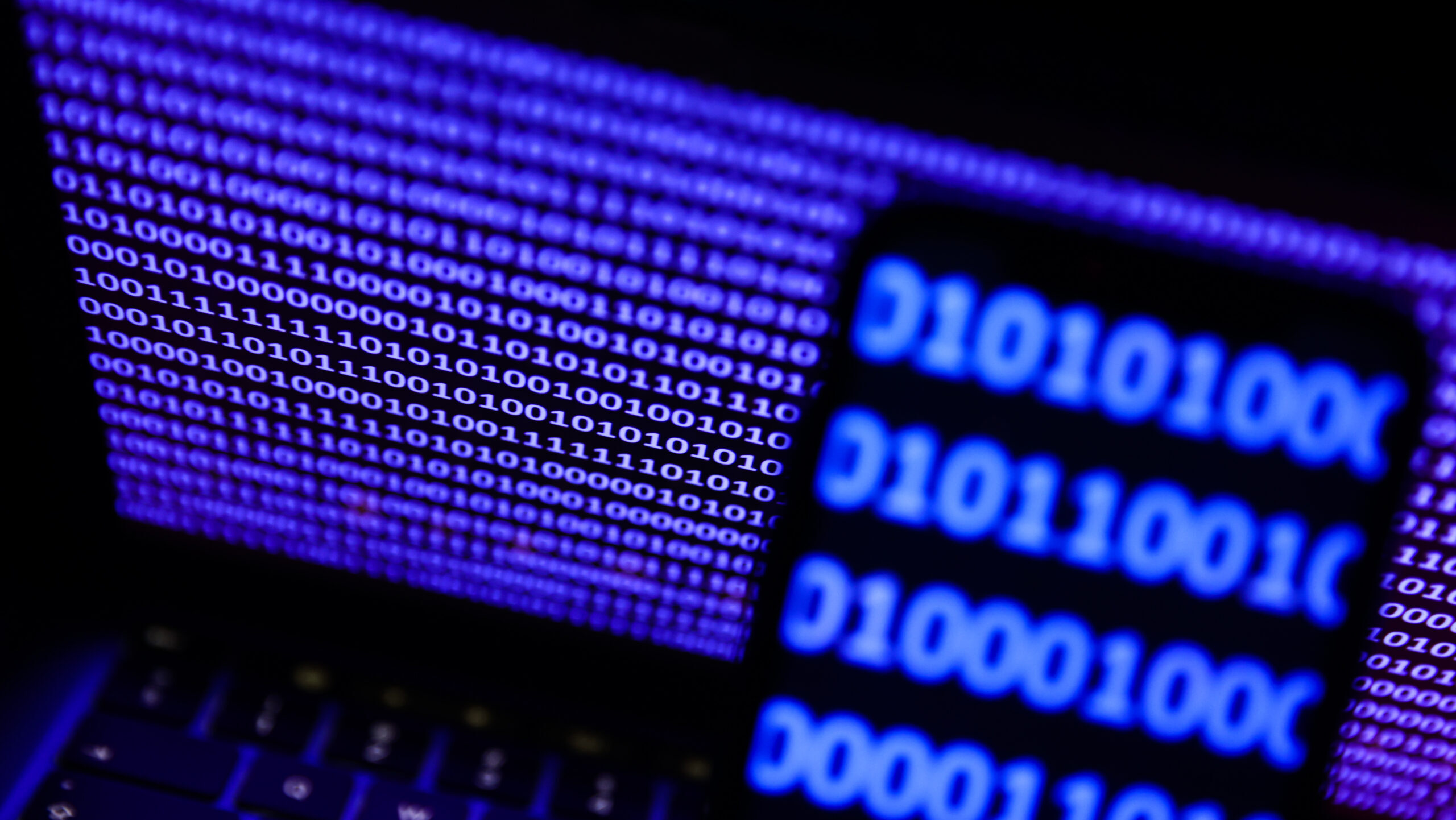
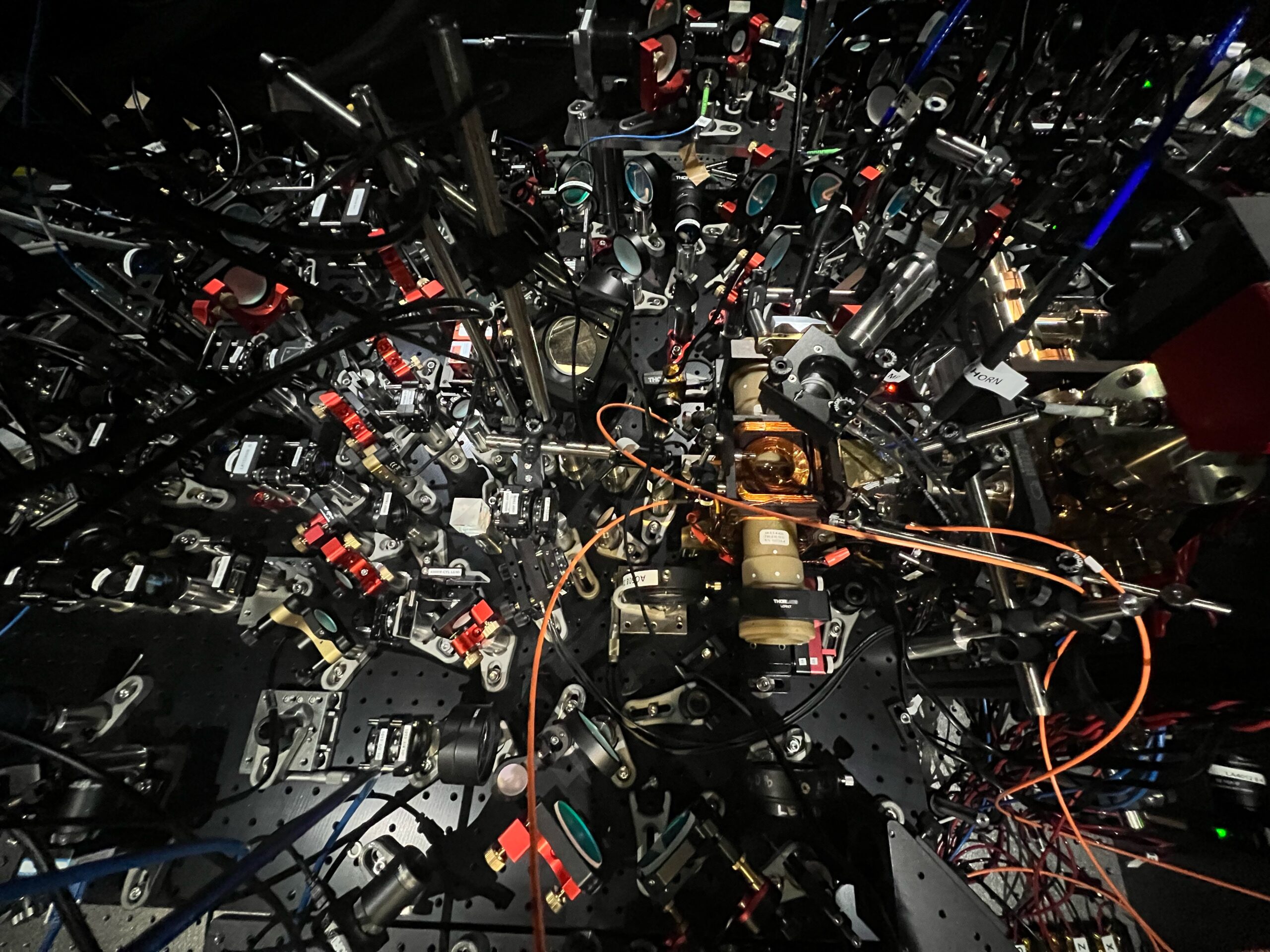
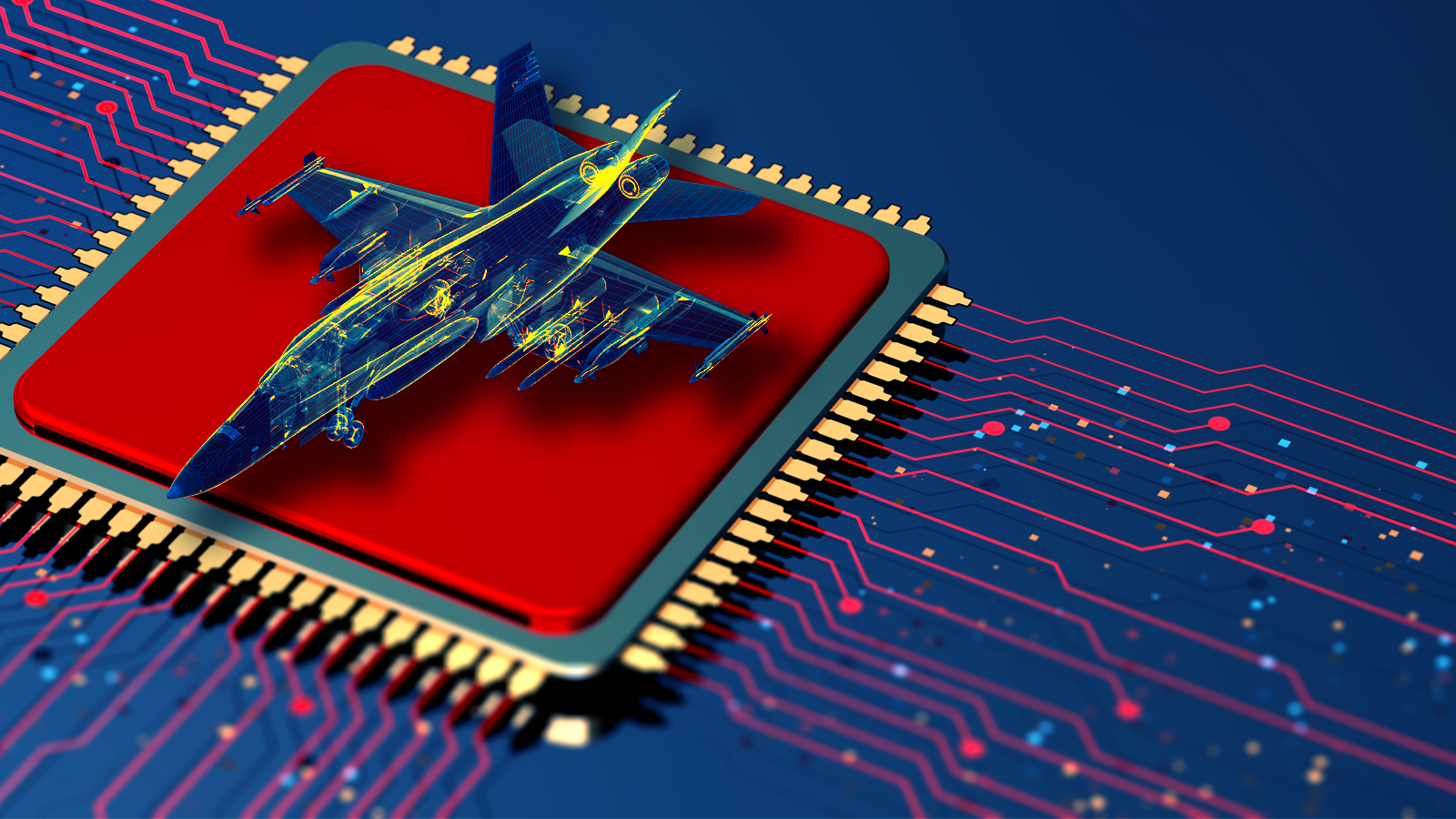
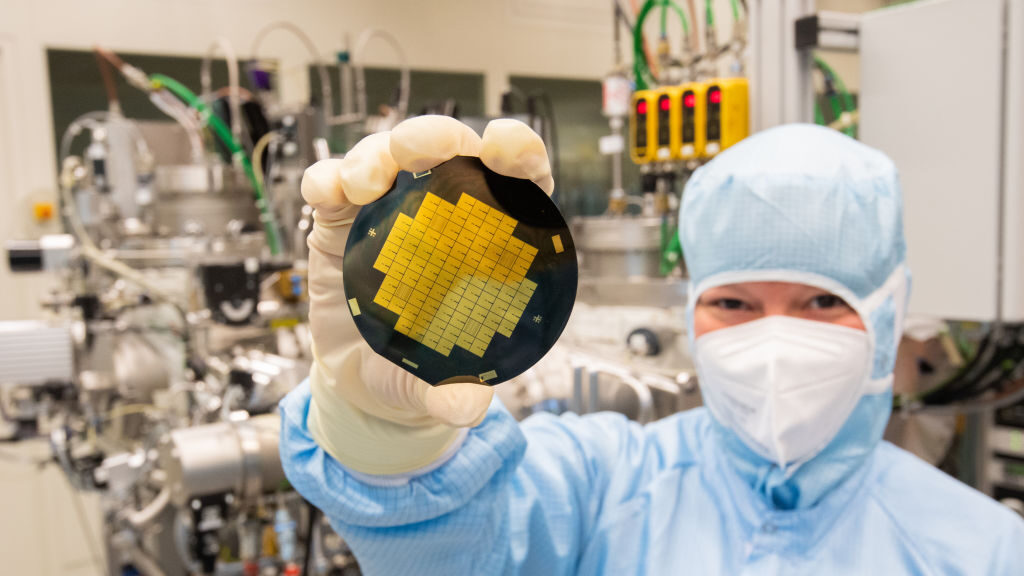

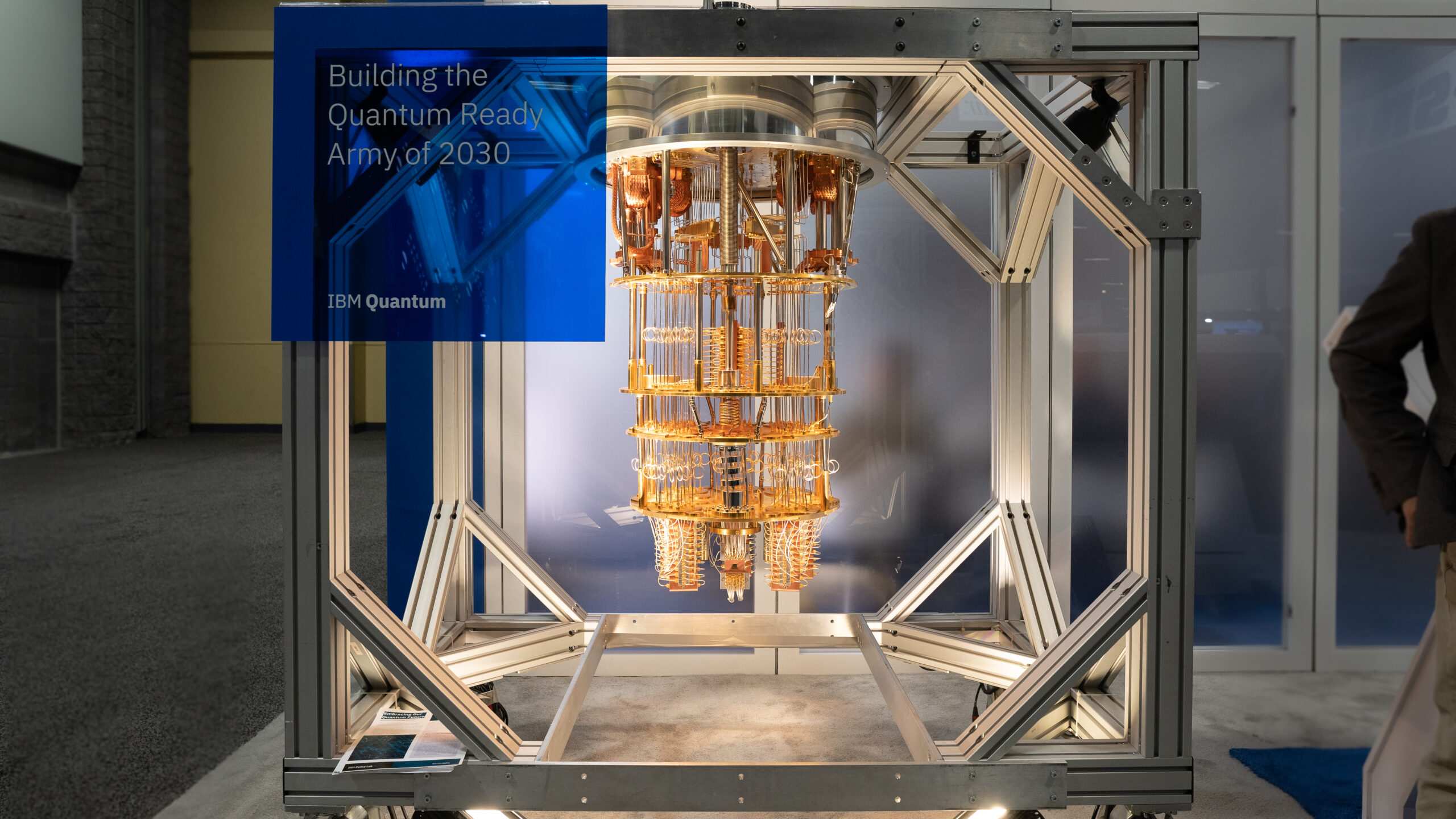
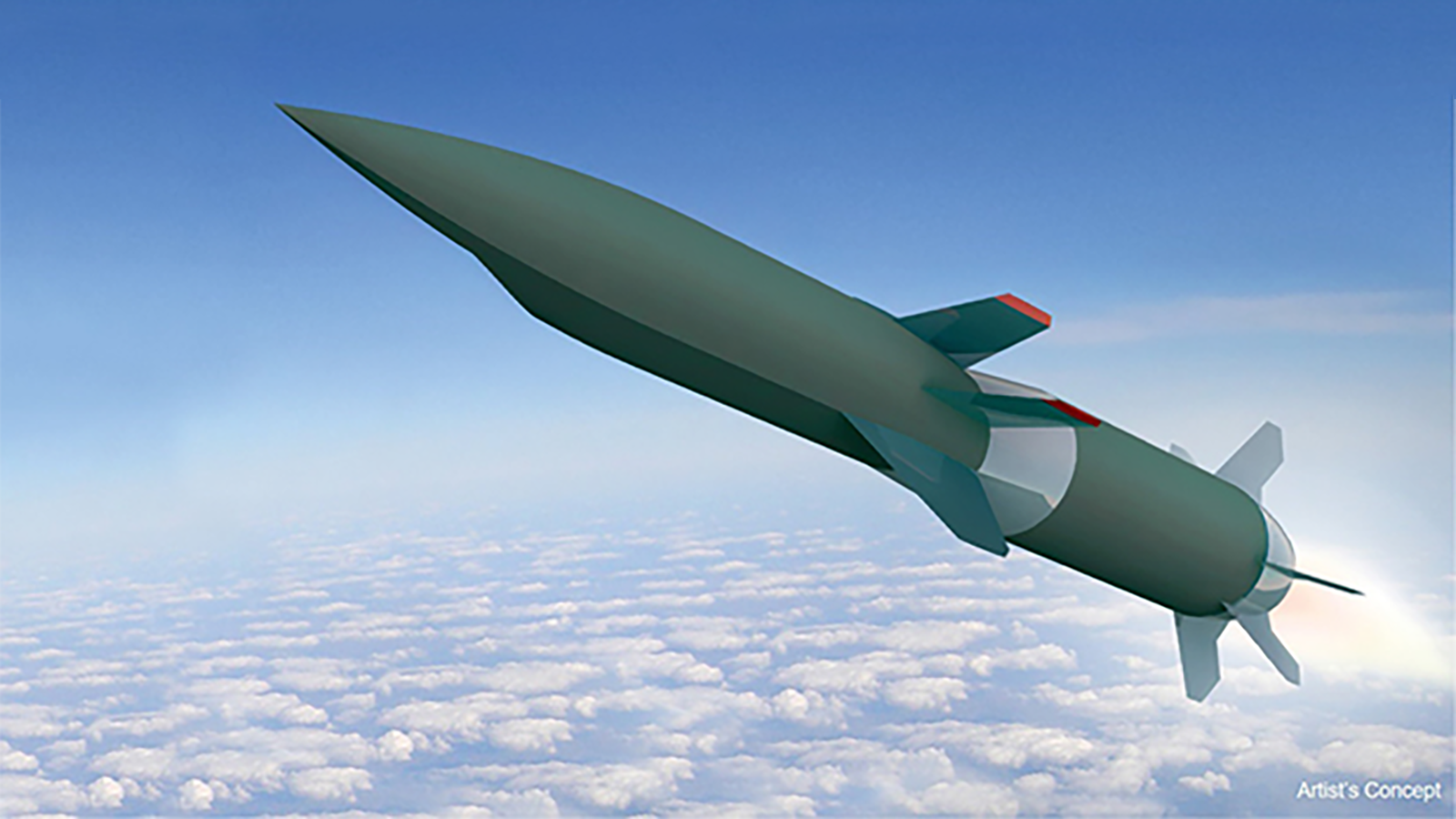
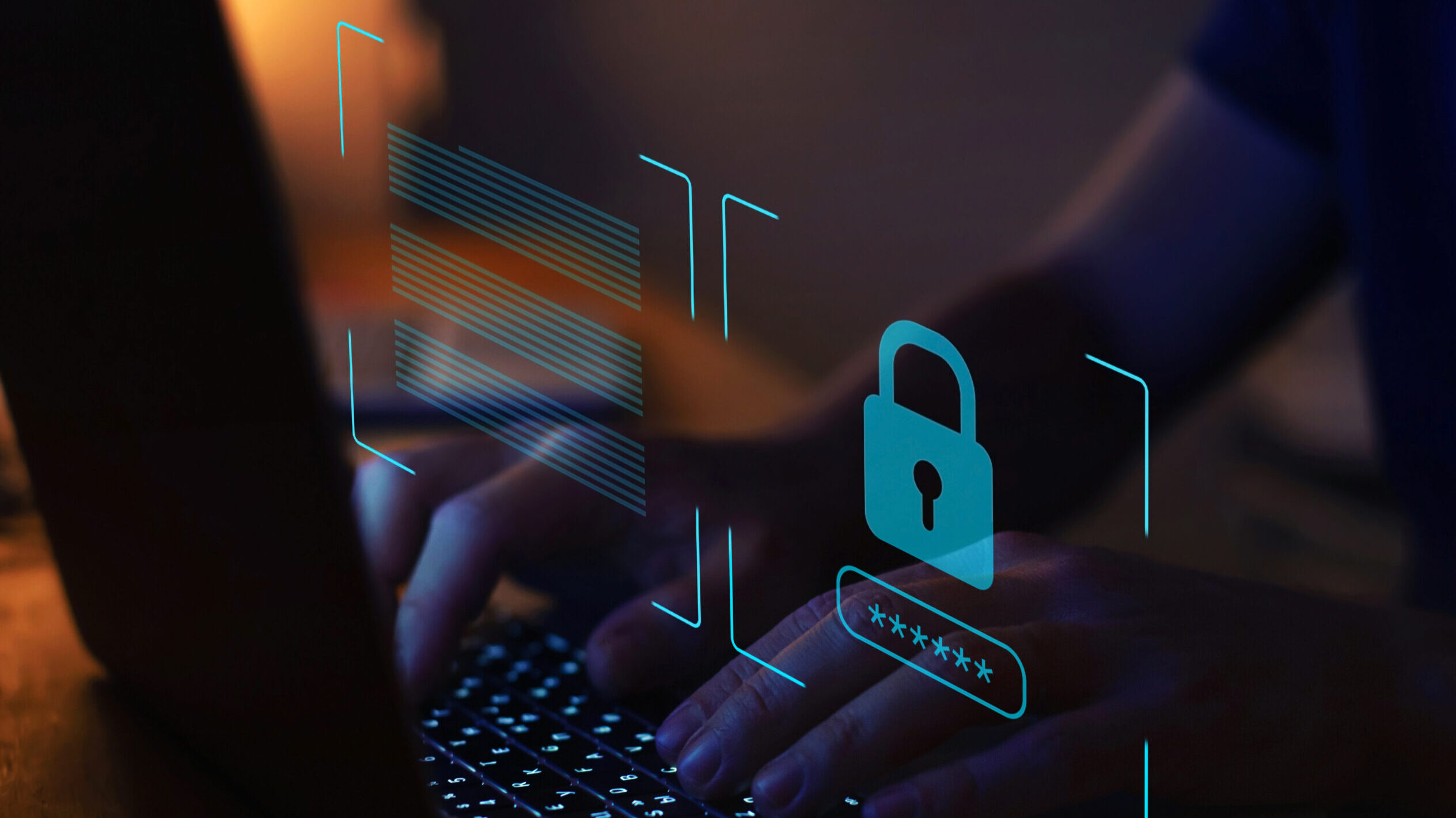
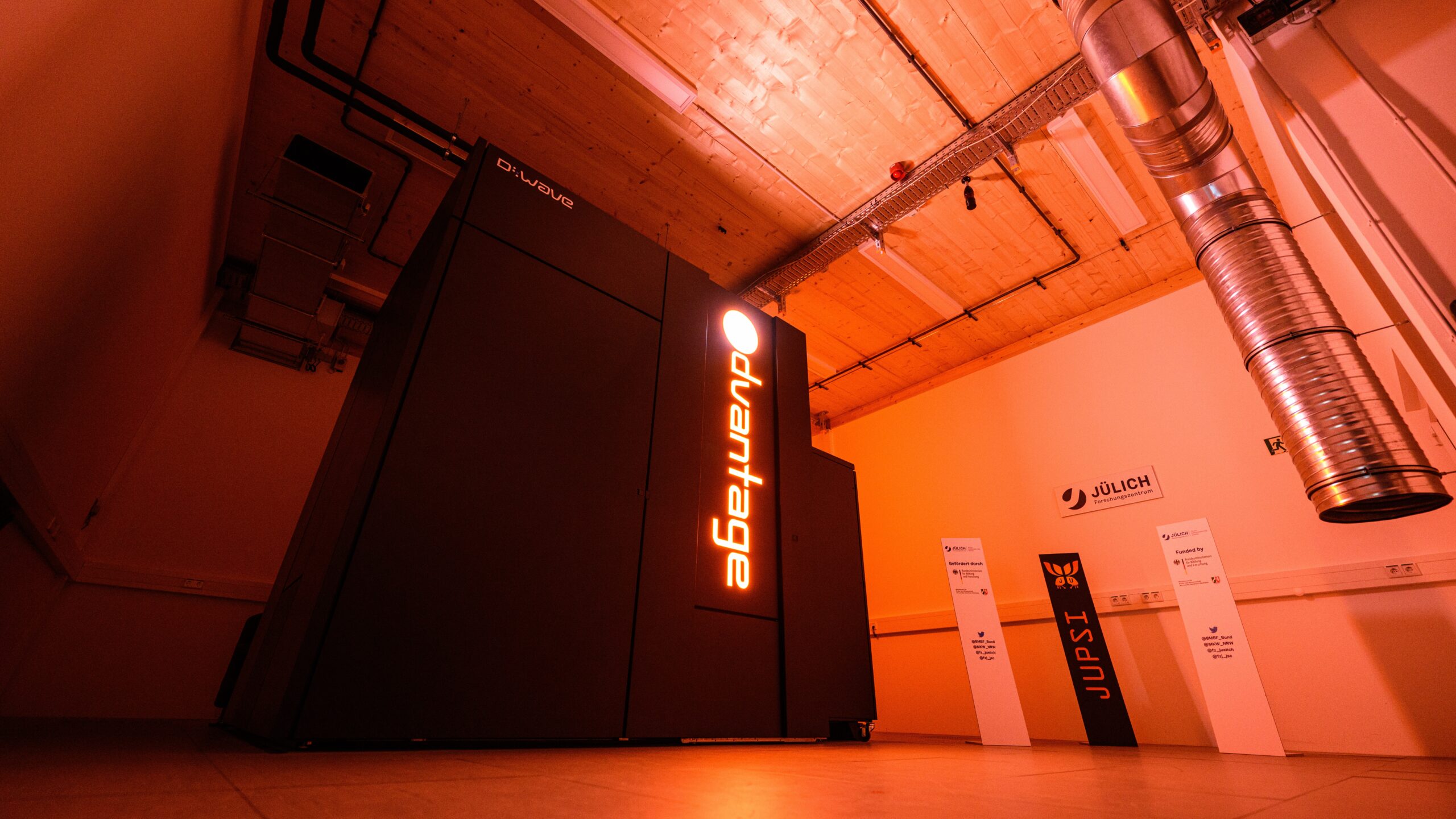
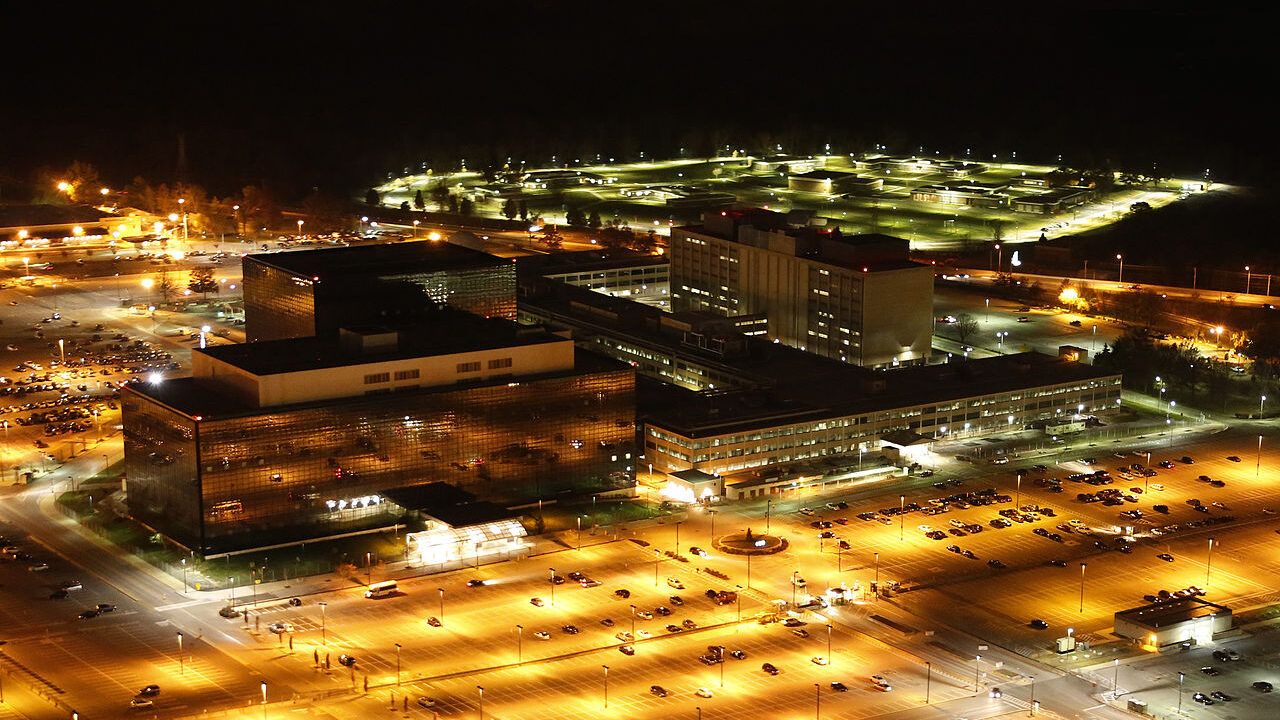

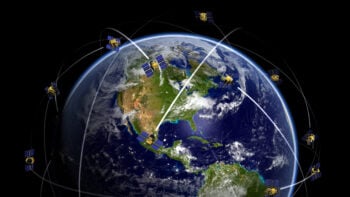
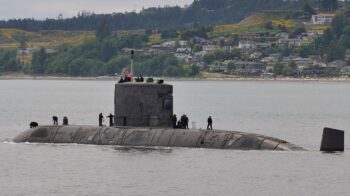


In this op-ed, Rebecca Grant outlines the reasons the Defense Department should consider appointing a Principal Quantum Adviser.
By Rebecca Grant